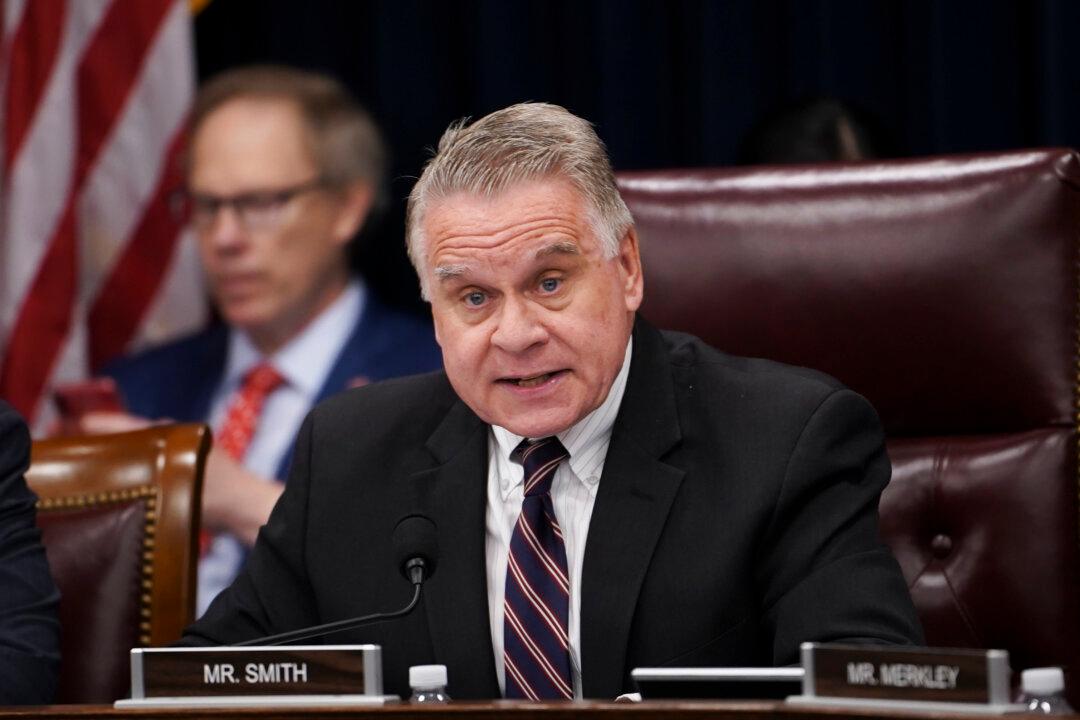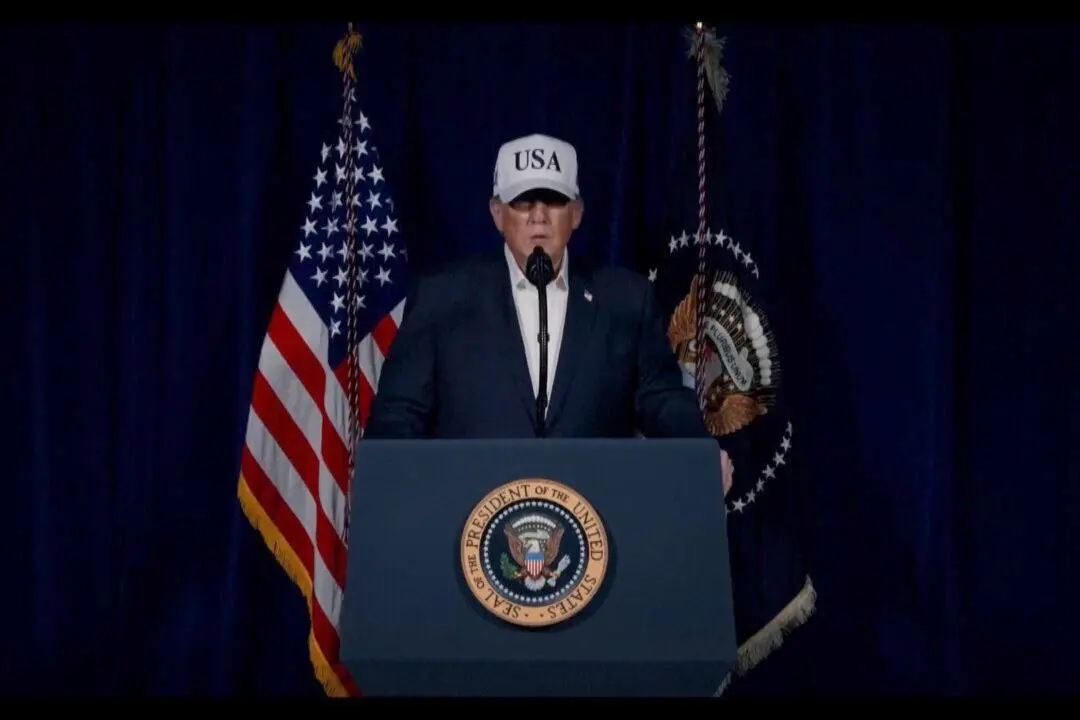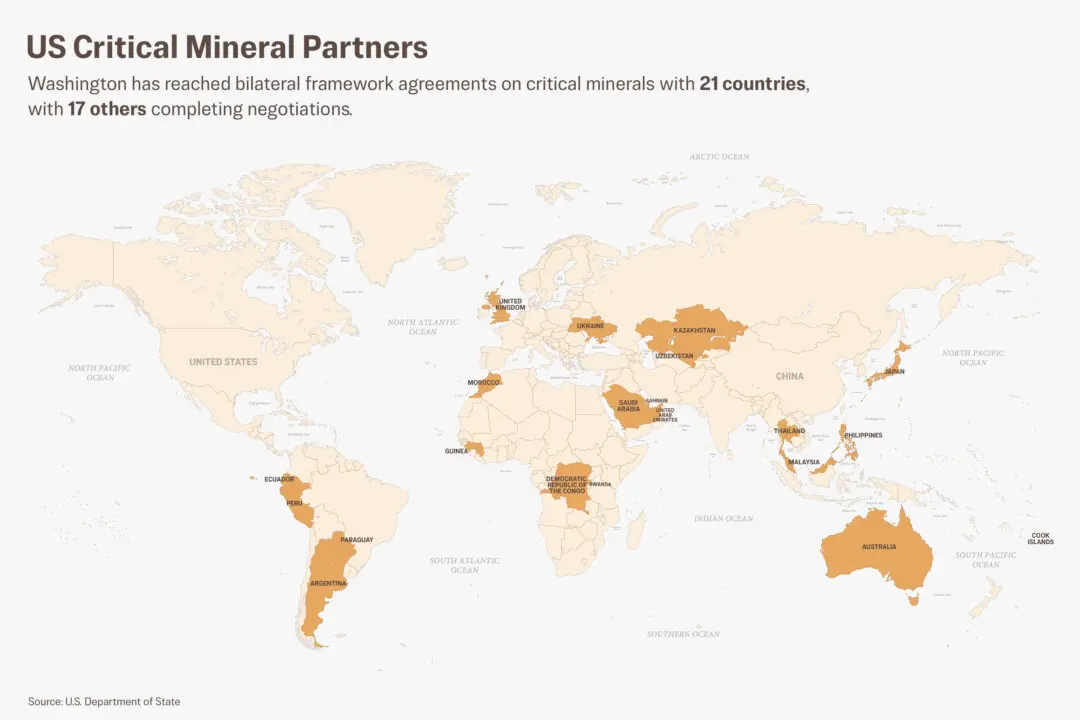U.S. corporations are complicit in human rights abuses by the Chinese Communist Party (CCP) and subject America to national security risks by adhering to the CCP’s demands, witnesses said at a hearing held by the bipartisan and bicameral Congressional-Executive Commission on China (CECC) on Tuesday.
During his opening remarks, commission chair Rep. Chris Smith (R-N.J.) highlighted state-sanctioned genocide, torture, rape, forced abortion, and forced organ harvesting, among others, as part of the CCP’s “absolutely shameful record of wanton cruelty.”
“American companies and consumers should not be subsidizing tyranny,” he added. He also expressed concerns that, with technology transfers, U.S. corporations helped the CCP military grow to “an existential security threat” to the United States and many countries in the Asia-Pacific region.
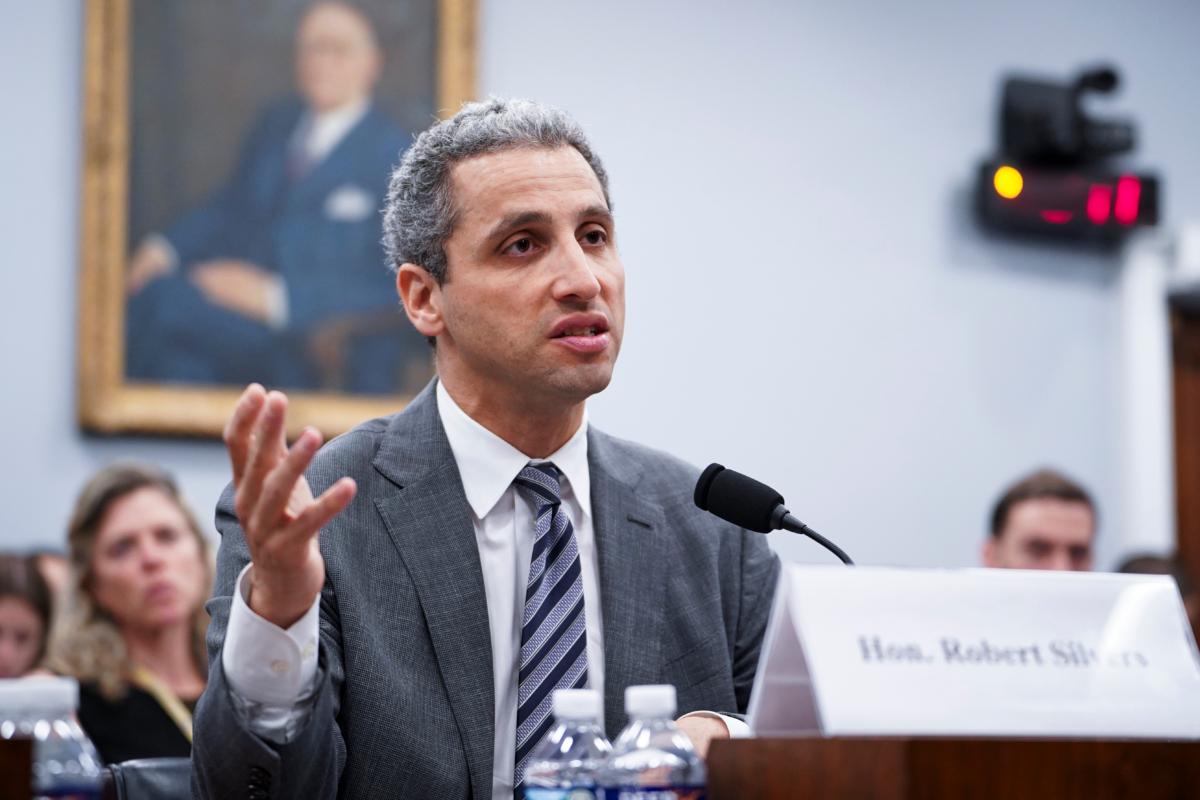
Strengthen Enforcement of New Law
The commission’s signature initiative against corporate complicity is the Uyghur Forced Labor Prevention Act (UFLPA), enacted in December 2021. The law prohibits goods made with forced labor in China’s Xinjiang from entering the U.S. market, and U.S. Customs and Border Protection (CBP) began enforcing the new law in June 2022.Robert Silvers, under secretary for policy at the U.S. Department of Homeland Security and chair of the Forced Labor Enforcement Task Force, told the commission that the task force would leverage artificial intelligence and machine learning to determine the true origin of goods.
Mr. Silvers assured Mr. Smith that the CBP reviews didn’t exclude shipments below the $800 de minimis threshold but acknowledged the challenge of reviewing them. The nation receives between 2 million and 3 million de minimis shipments per day, according to Mr. Silvers. He said he and CBP were looking at software enhancements, regulatory data collection changes, and congressional appropriations to modernize cargo review and processing.
In an interview with NTD, The Epoch Times’ sister media, commission co-chair Sen. Jeff Merkley (D-Ohio) said UFLPA was “an example of legislative action that is starting to make a real difference.”
“Companies are starting to pay attention. They are thinking, ‘We do not want to be involved. We do not want to have our products blocked. We do not want to have it publicized that we had products produced with slave labor,” Mr. Merkley told NTD. “And they’re thinking about diversifying their supply chains, moving their supply chains.”
The UFLPA has its challenges, however. Mr. Merkley said that some companies were circumventing the new law by keeping their factories in Xinjiang and selling those goods outside the United States. To address the problem, international cooperation is necessary, he said. “We need the support of Canada, Mexico, and Europe to really start to have a bigger impact.”
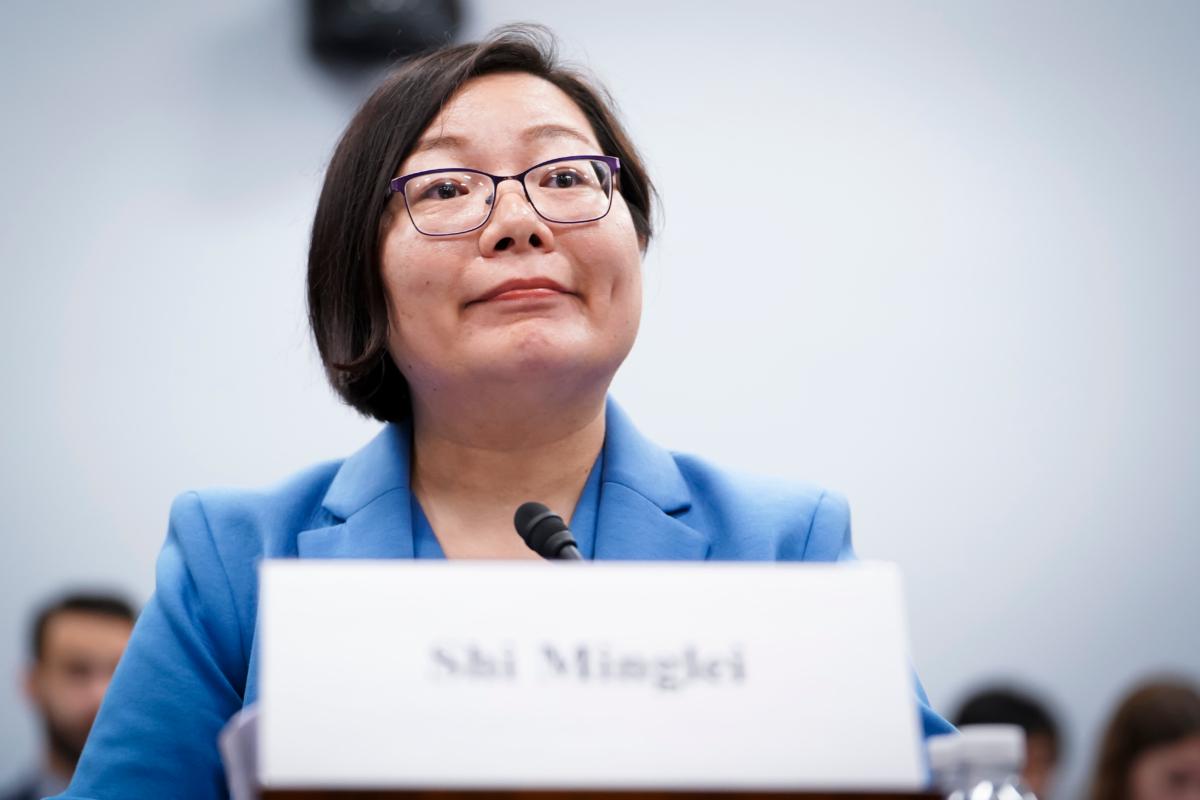
Milwaukee Tool Alleged to Be Using Chinese Forced Labor
During the hearing, Shi Minglei, the wife of Chinese human rights activist Cheng Yuan, testified about a potential slave labor case outside of Xinjiang.After being charged with “subversion of state power” in 2019 and sentenced to five years in prison, Mr. Cheng worked at a factory at the Hunan Chishan Prison, where gloves are made for Milwaukee Tool, an American brand, according to Ms. Shi.
Although she couldn’t confirm that Mr. Cheng worked on Milwaukee Tool gloves, she said she knew he had been forced to “work 11 to 12 hours a day, hunched over a sewing machine.” “He has also said that he has been subjected to solitary confinement, forced to stand for hours, deprived of sleep and food, and being forced to drink water from the toilet,” she added.
A search for Milwaukee Tool gloves on Walmart’s website generated no results on July 12.
“Milwaukee Tool does not tolerate the use of forced labor. We have strict policies and procedures in place to ensure that no authorized Milwaukee Tool products are manufactured by using forced labor. Milwaukee Tool only partners with suppliers that similarly commit to ethical labor practices throughout their supply chains, and who ensure that no forced labor is used. Milwaukee Tool regularly conducts a complete and thorough review of our global operations and supply chain. We have found no evidence to support the claims being made. As we work to continue to deliver world-class innovative solutions to the trades around the globe, we remain strongly committed to working with partners who exhibit ethical labor practices and commit to our Code of Conduct and Policy Against Modern Slavery,” a spokesperson of the company said in a statement emailed to The Epoch Times.
“The Home Depot prohibits the use of forced or prison labor in its supply chain. This is an issue we take very seriously, and we work closely with our supplier partners to ensure that the product we sell is free from forced labor and fully compliant with all applicable regulations, including the Uyghur Forced Labor Prevention Act,” a Home Depot spokesperson told The Epoch Times in an email. “When we learned of the allegations against Milwaukee, we immediately investigated them. We have not found any evidence that the Milwaukee gloves sold at The Home Depot are made with forced labor.”
Amazon declined to comment.
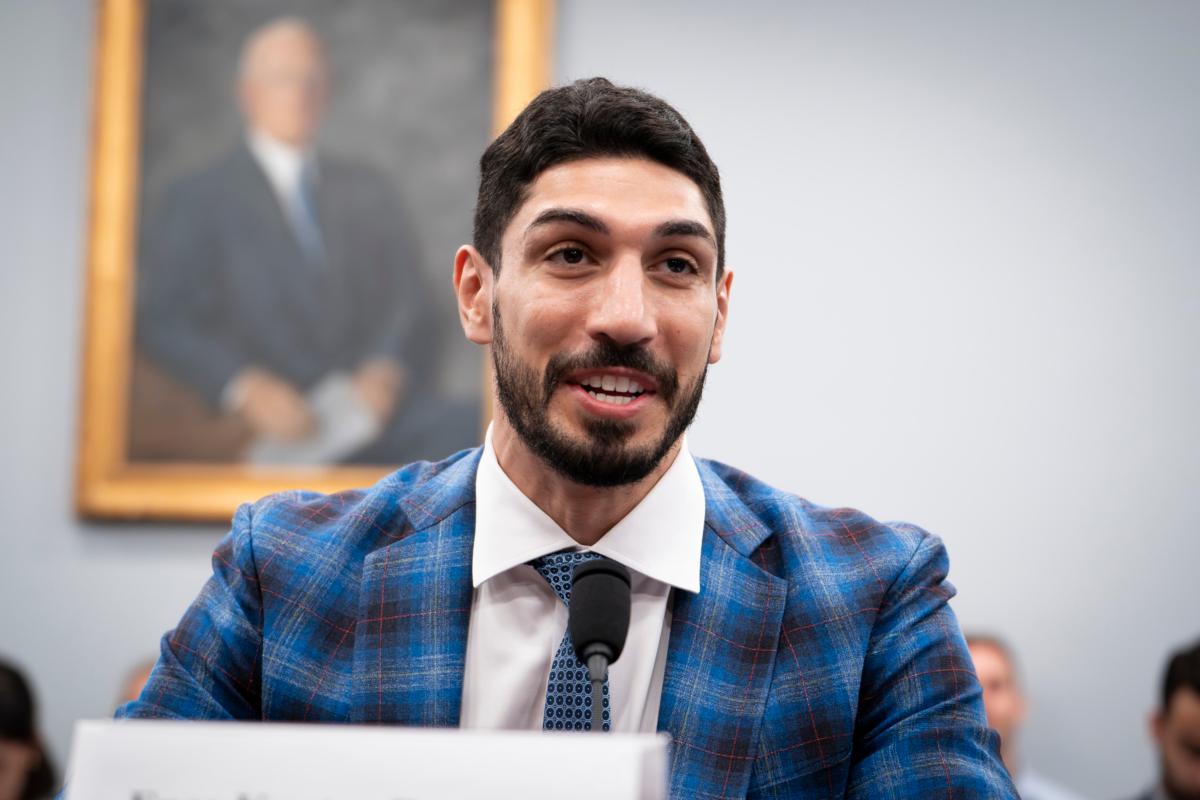
Corporations ‘Kowtow to Xin Jinping on a Daily Basis’
Former NBA player Enes Kanter Freedom’s career abruptly stopped in 2021 after he criticized China’s human rights record and wore “Free Tibet” and “Free Uyghurs” shoes to games.“And the one thing that broke my heart—I played 11 years in NBA, I had hundreds of teammates, hundreds of coaches, I had so many friends who I used to call my brothers, because I used to see them more than my family, which I haven’t seen [in] over ten years—after I got released, not one of them texted me and said good luck with whatever is coming your way.
“Not one of them called me. I was shocked,” he told the commission members.
“So they were just scared about if I do an interview, or if I ever talk about it, if I do a podcast, they just didn’t want me to mention their names. Because they knew that if I ever said, ‘Oh, this player supported me; this player said this and that,’ all their endorsement deals would be gone,” he added.
And similar concerns exist in the defense industry, according to Isaac Stone Fish, a visiting fellow at the Washington-based think tank Atlantic Council and founder of Strategy Risks, a consulting firm specializing in managing risk exposure to China.
He said that due to deep business ties to China, American military companies might adhere to the CCP’s demands and act against the interests of the American people.
“In China, there are no private airlines. Every plane that Boeing sells in China, it sells to the Communist Party. And so we’re in a situation where we’re facilitating not only the growth of the Chinese economy and the Chinese military, but also making it so American corporations have different interests and incentives than a lot of the people in this building,” Mr. Fish said at the hearing.
After the hearing, Mr. Smith told NTD that the NBA came to mind as one of the most complicit companies in aiding China’s human rights abuses. “And there are so many others. The worst of the worst seems to be far too many of our big corporations who kowtow to Xi Jinping on a daily basis.”
Some U.S. companies have stood up to China; however, they wouldn’t want to talk about it, according to Mr. Fish.
“I do think people need to know, especially people in the business community, that there is a way to reduce your exposure to China, to reduce your reliance on the Communist Party, and still make money and succeed,” he told commission members. “But unfortunately, all of the companies I know that would fit that qualification would much prefer to be silent.”
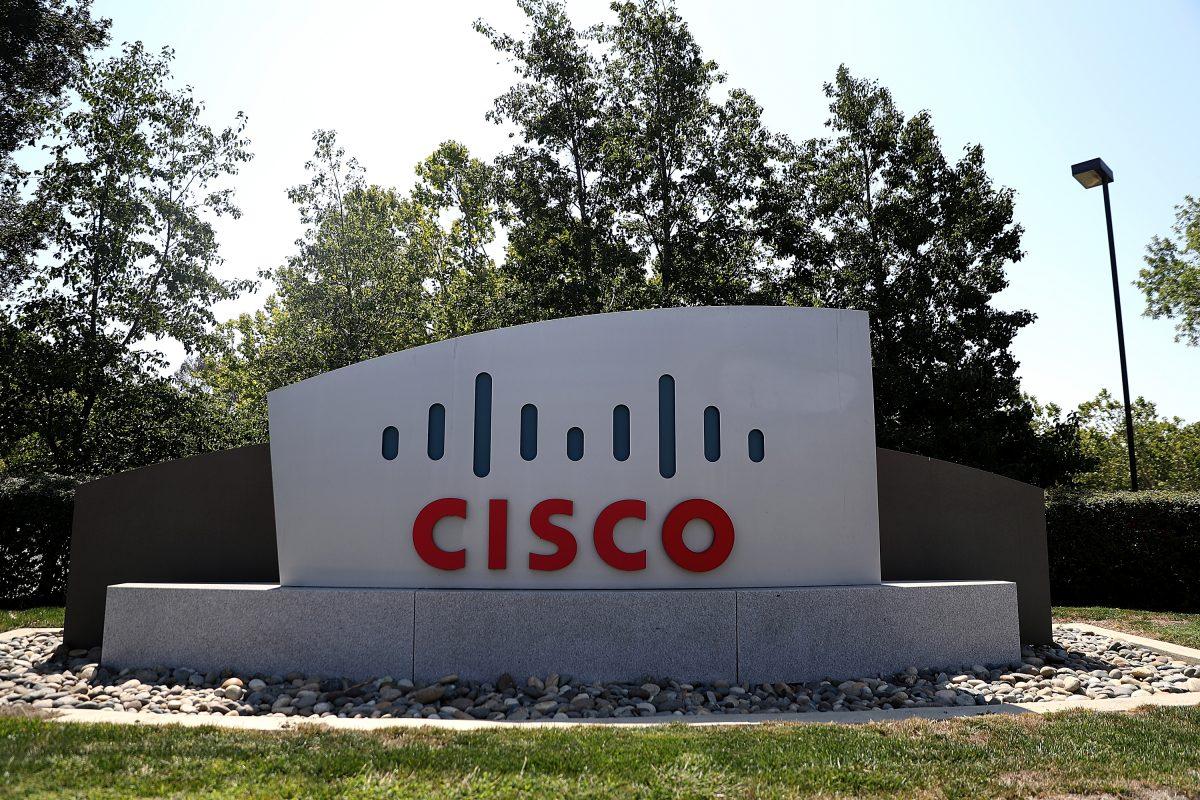
Holding Companies Accountable
Persecuted Chinese groups have also been keeping up in their efforts to hold American companies accountable for their alleged complicity in China’s human rights abuses.One such effort is a lawsuit filed in 2011 against tech giant Cisco Systems Inc. and its two former executives for their alleged assistance to the CCP to track and torture adherents of Falun Gong, a spiritual practice the CCP has persecuted since July 1999.
In his interview with NTD, Mr. Smith criticized Cisco as one of the tech giants aiding China’s human rights abuses for decades.
On behalf of the three-judge panel, Judge Marsha S. Berzon wrote the Falun Gong plaintiffs showed that Cisco’s former executives were aware that “international law violations, including torture, were substantially likely.”
“The physical torture the plaintiffs endured in detention and while imprisoned in forced labor camps included beatings with steel rods and shocking with electric batons, sleep deprivation, being forced to sit or stand for prolonged periods of time in painful positions, and violent force-feeding,” she added.
The case will be returned to the lower court for trial, or defendants may request a larger panel review of the 9th Circuit Court or appeal to the U.S. Supreme Court.
“As we’ve stated previously, there is no basis for the allegations against Cisco. The July 7th decision by the Ninth Circuit did not make any factual findings or assess any potential liability, but rather simply found that the plaintiffs are permitted to raise their claims and have them further considered by the District Court,” a Cisco spokesperson said in an emailed statement to The Epoch Times.
“We build our products to global standards which promote the free flow of information, privacy, and freedom of expression. Cisco has a longstanding commitment to uphold and respect human rights for all people, and we are strongly committed to an open global Internet,” she added.
Before ending the hearing, Mr. Smith vowed to continue the complicity probe and invite the NBA, Milwaukee Tool, and other companies to future hearings.
